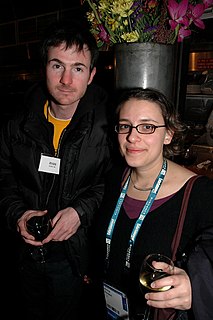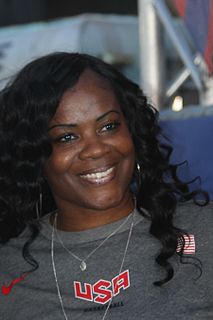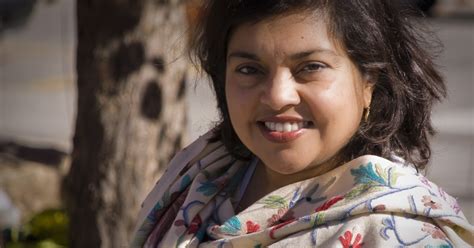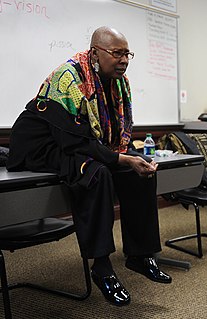A Quote by Erik Brynjolfsson
Knowing how to keep someone motivated and how to keep a connection are skills humans have learned and evolved over hundreds of thousands of years. A robot can't figure out whether you can do one more push-up, or how to motivate you to actually do it.
Related Quotes
I think my philosophy has evolved over the years. I started teaching almost 15 years ago and I've learned that how one student learns is obviously much different than how another student learns and so I've had to figure out how to get through to people honestly without hurting their feelings - which is no easy task just in the scope of being a human being, much less in the classroom, but which is something that is more important to me now than it was when I was 30 - and to show them a path to improving.
And I do not want, and I will not accept, a deal in which I am asked to do nothing, in fact, I'm able to keep hundreds of thousands of dollars in additional income that I don't need, while a parent out there who is struggling to figure out how to send their kid to college suddenly finds that they've got a couple thousand dollars less in grants or student loans.
I guess he'll have to figure out someday that he is supposed to have this dark side, that it is part of what it means to be human, to have the darkness just as much as the light- that in fact the dark parts make the light visible; without them, the light would disappear. But I guess he has to figure other stuff out first, like how to keep his neck from flopping all over the place and how to sit up.
What does it matter how cultivated and up-to-date we are, or how many thousands of books we’ve read? What matters is how we feel, how we see, what we do after reading; whether the street and the clouds and the existence of others mean anything to us; whether reading makes us, physically, more alive.




































